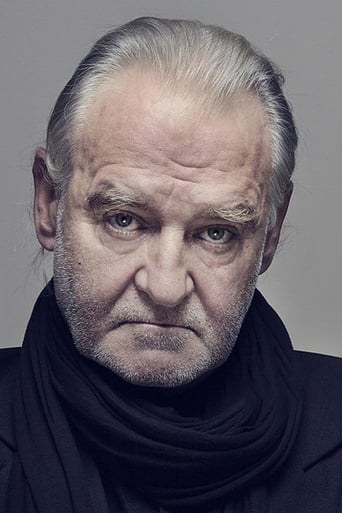Trending Searches:
Popular Movies:

 AD
AD
 Béla Tarr
Béla Tarr
Birthday
1955-07-21Place of Birth
Pécs, HungaryBiography
Béla Tarr (born July 21, 1955) is an acclaimed Hungarian film director. Much of his work is marked by philosophical elements and a pessimistic view of humanity. His films utilize unconventional storytelling methods, such as long takes and/or non-professional actors to achieve realism. Debuting with his film Family Nest in 1979, Tarr underwent a period of what he refers to as "social cinema", aimed at telling mundane stories about ordinary people, often in the style of cinema vérité. Over the next decade, the cinematography of Tarr's films gradually changed; Damnation (1988) was shot with languid camera movement aimed at establishing ambience. It marked Tarr's earliest experimentation with philosophical themes, focused mostly on bleak and desolate representations of reality. Sátántangó (1994) and Werckmeister Harmonies (2000) continued this approach; both are considered by some critics to be among the greatest films ever made. Tarr would later compete in the 2007 Cannes Film Festival with his film The Man From London. Frequent collaborators of Tarr include his wife Ágnes Hranitzky, novelist László Krasznahorkai, film composer Mihály Víg, cinematographer Fred Kelemen, and actress Erika Bók. After the release of his film The Turin Horse (2011), Tarr announced his definitive retirement from film direction. He has been teaching at the Sarajevo Film School since. Description above from the Wikipedia article Béla Tarr, licensed under CC-BY-SA, full list of contributors on Wikipedia.